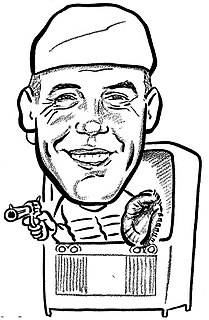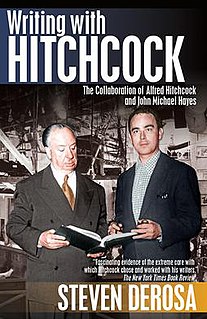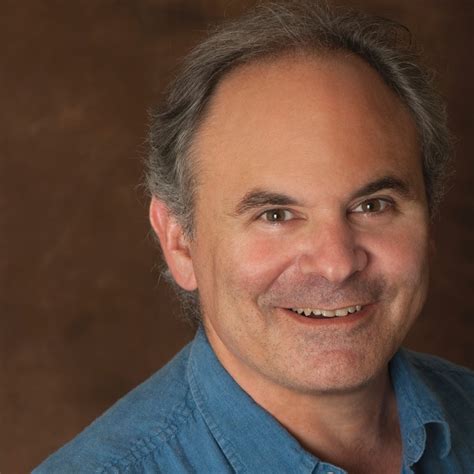A Quote by Price Pritchett
Notice that "I" is at the center of the word "ethical." There is no "they." Achieving the ethics of excellence is our individual assignment.
Quote Topics
Related Quotes
Those of us who believe in God and derive our sense of right and wrong and ethics from God's Word really have no difficulty whatsoever defining where our ethics come from. People who believe in survival of the fittest might have more difficulty deriving where their ethics come from. A lot of evolutionists are very ethical people.
As a matter of ethics - our broader social life needs to be constrained by law and other devices - resolving at the societal level matters that should not be left for individual ethical negotiation. What is important - in the end - is that we are enabled to flourish in ways that acknowledge our dignity.
The very essence of political philosophy is the carving out of an ethical system - strictly, a subset of ethics dealing with political ethics. Ethics is the one rational discipline that demands the establishment of a rational set of value judgments; political ethics is that subset applying to matters of State.
The meaning that we are seeking in evolution is its meaning to us, to man. The ethics of evolution must be human ethics. It is one of the many unique qualities of man, the new sort of animal, that he is the only ethical animal. The ethical need and its fulfillment are also products of evolution, but they have been produced in man alone.
Marriage and parenting are the two strongest vows anyone will ever make. When you see these commitments being carelessly discarded, you can be certain that the ethics of that generation have been abandoned. ... What our society needs is a good dose of biblical ethic from God's people - the kind of ethic that requires us to keep our word no matter what the costs. Situational ethics have so shaped our society that even God's people have lost the concept of absolutes when it comes to keeping our word.
From the ethical point of view, no one can escape responsibility with the excuse that he is only an individual, on whom the fate of the world does not depend. Not only can this not be known objectively for certain, because it is always possible that it will depend precisely on the individual, but this kind of thinking is also made impossible by the very essence of ethics, by conscience and the sense of responsibility.
We can't achieve excellence through talent alone. Or merely by making technological improvements. We can't even buy our way to excellence, no matter how much money we have available to spend. More dollars will never do it. We have to develop a strong corporate conscience. Ethical muscle. And that doesn't happen by accident either.
It's tempting to think that decisions that are not life-and-death are therefore unimportant, and that the little compromises we make don't matter to our bottom line or our spiritual selves. How many of us are tempted, in business, to make a less-than-ethical decision? To appropriate someone else's idea or fudge some numbers? We have to remember that maintaining our ethical and spiritual selves is absolutely linked with achieving the degree of success we're working toward.
But if we believe what we profess concerning the worth of the individual, then the idea of individual development within a framework of ethical purpose must become our deepest concern, our national preoccupation, our passion, our obsession. We must think of education as relevant for everyone everywhere - at all ages and in all conditions of life.
































